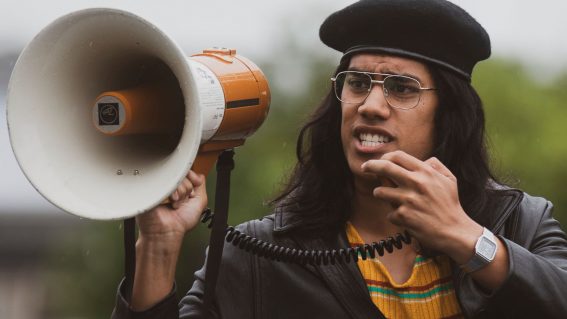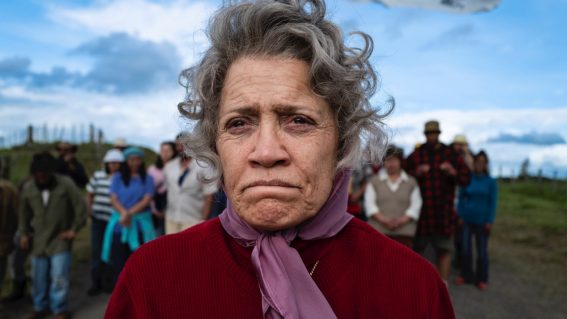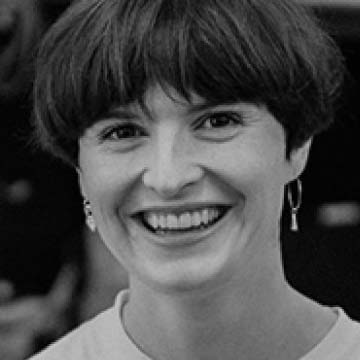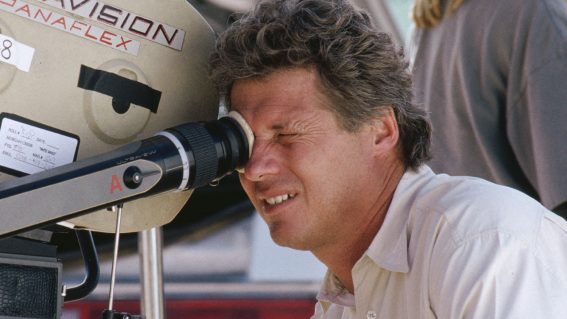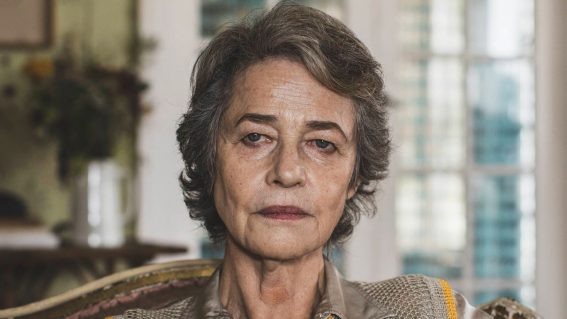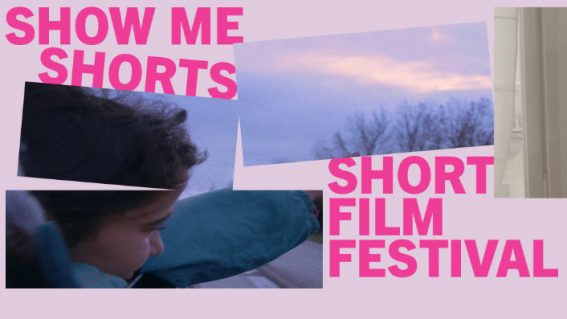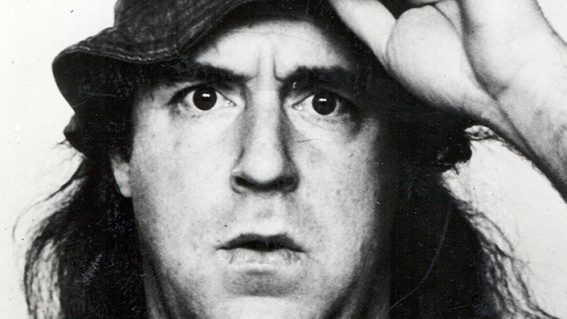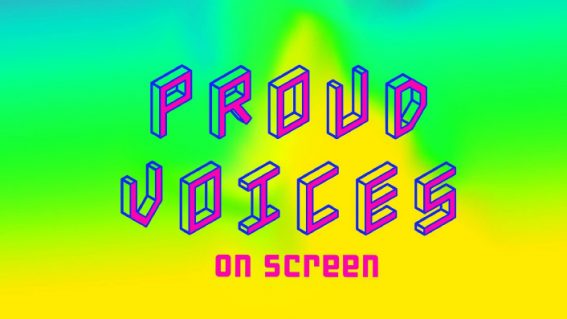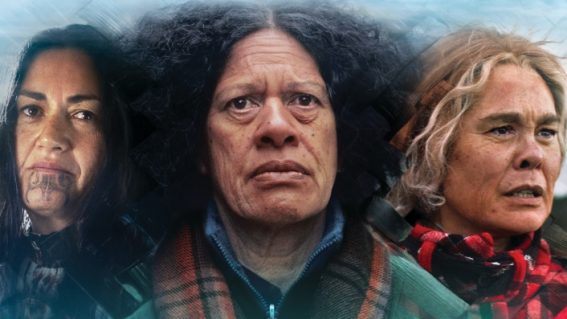Kiwi director’s long road to landing a Peter Jackson blockbuster as his debut
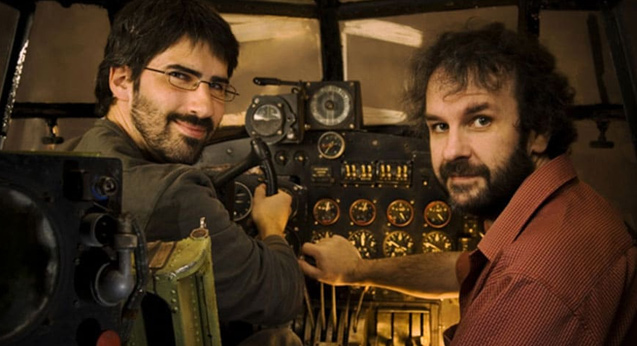
Last week, Liam Maguren wrote about his visit to the Wellington set of the latest Peter Jackson blockbuster Mortal Engines. Sir PJ isn’t directing the film though; that honour goes to long-time cohort Christian Rivers. During the set visit, Liam got to know more from Jackson about this debutant while Rivers went into detail on how he landed a massive studio production as his feature debut – and the pressures that come with it.
In a dystopian world where whole cities move on wheels, Philip Reeve’s novel was considered unfilmable. They said that about The Lord of the Rings and The Lovely Bones too, so is it any surprise that Peter Jackson would be fond of the book?
“It’s quite an amazing, epic story,” the Oscar winner told us. “It was a world I’d never seen before. I mean, we’ve seen movies about the distant future and what would happen after a nuclear war. But we haven’t really seen one in which society has built itself back up again to be on big wheeled cities that go around consuming each other and the airships and the dogfights. It would be a film that I had never seen before which, in this day and age, is getting a bit hard.
“I’m drawn to visual effects, I have to say. I like movies that serve up something that you’re never going to see in your normal life. That’s what I’ve always liked about films. Hitchcock’s quote is my favourite quote, ‘People’s movies are slices of life, but mine are slices of cake.’ I always approach movies in that regard. It’s escapism. As entertainment, we want to get away from the world and see things that we’ve never seen before.
“We got the rights to the book and did a bit of work on it for a while. Then I ended up on The Hobbit for five years,” Jackson remarked with a chuckle. “Coming out of that, the rights were about to expire, so we had to move fast. Fortunately, Christian stepped in and was very happy to take over and direct the film, which was great. We got the film greenlit just before the rights expired.
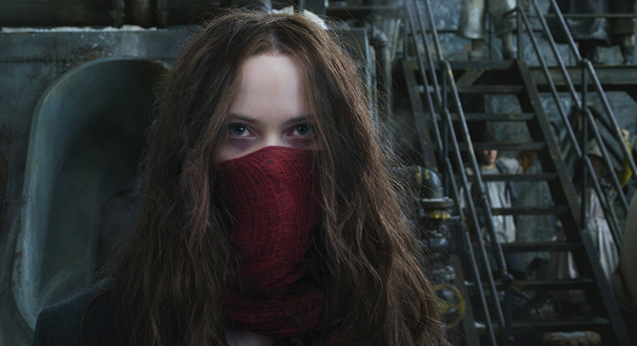
“I’ve been working with Christian for 25 years, so he and I have gone back a long way [working on] storyboards, animatics, visual effects, all sorts of things. I’ve always wanted to do something to get a feature film made with him. I thought I might have been able to get Christian interested in directing this. Fortunately, he was because this is his son’s favourite book, so it wasn’t too difficult.
“It also means that for the two years that he’s totally up to his eyeballs in work, I can help him and the film where required. But I’ve also got a lot more free time to develop other projects. We ended up with a backlog of things we wanted to do after being side-tracked on The Hobbit.
“As it is now, he’s busy on set and I’m at home doing scripts for other films. It’s quite a good arrangement, really.
“Christian doesn’t really realize it yet, but when he’s finished the shoot, which is in a few weeks’ time, he’s going to go on to 8-10 months’ worth of intensive post as well, which is going to be equally tough and hard.
“We can sit back and simply give him words of advice but it is tough. I look at the dailies and if I have any thoughts for Christian I let him know, but I really leave him alone. It’s a much healthier thing.”
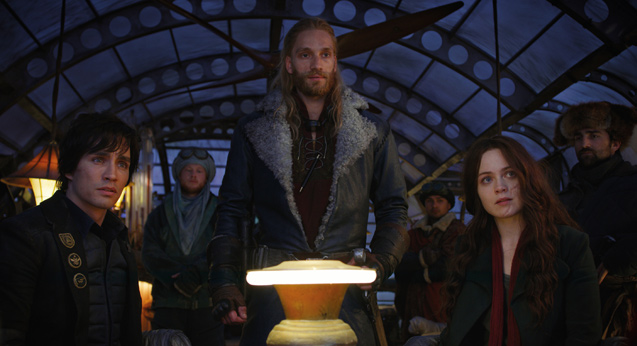
Though Mortal Engines is his feature debut as a director, Christian Rivers is no stranger to massive productions as he’s been working with Jackson since he was a teenager.
“Braindead was the first job,” Rivers told us. “I actually packed up from home and got my mum to drive me down to Wellington. I was 18 and I just knew I wanted to work in film and I was fortunate that I could kind of draw. I had saturated my mind with enough movies that when [Jackson] described a close-up, or a wide shot, or a high-angle, or a low-angle, I just knew what that was by osmosis of watching so many films. I hadn’t really studied it at all.
“It wasn’t until I actually walked onto the set of Braindead and saw him sitting in that chair that I went, ‘That’s it. That’s where I need to be.’
“It only took me twenty-something years to get there,” he joked, “mainly because it’s so fortunate to be closely involved with what Peter was doing. I was able to have that creative catharsis through helping him create such great films.
“In the last few years, I felt like I’d outgrown every other capacity I could serve for him or with him in this filmmaking community. They were very generous to offer me this project and support me on it. So, yeah, my first feature film is a hundred plus million dollar film for a couple of American studios. No pressure.”
Obviously, there’s actually an abundance of pressure. However, Rivers explained that he was in a better position than most. “The experience I’ve had doing second unit on other bigger budget films is, in some ways, just as worthy a kind of preparation because the scale of it isn’t suddenly so daunting, even though it is daunting every day.”
“On second unit on The Hobbit, there were a lot of times where you’d show up to direct huge action set pieces with hero cast and you really know what you’re doing that day because you had to find out from Pete that morning. So I’m very well prepared for this project in that regard.”
Though this may be his feature debut, Rivers also directed award-winning horror short Feeder, which played as part of New Zealand’s Best at the 2015 New Zealand International Film Festival. “I don’t think they would have offered me this film if I hadn’t done Feeder,” Rivers stated. “I had nothing that was a calling card. I had nothing that was my own creative storytelling.
“Doing second unit for other people, you’re always in service to another director. It’s very muddy ground there as to whether it’s your storytelling acumen or theirs that you were just executing for them. By doing the short film, which Pete and Fran both really liked, it was completely done outside of any influence to the usual arena that I’m operating in.
“I didn’t consult with them on the script. I didn’t show them rough cuts. It was done completely in isolation from the whole filmmaking community that I’m used to working in, which I did on purpose. Otherwise, I’d have too much of a pattern of behaviour of working alongside them in such a collaborative way.
“I think that every day’s a huge learning curve. The biggest shock for me when I made my first short film was just not having any backstop. When you do second unit for other directors, they’re the ultimate backstop because if you’re unsure about something, or what they need from the storytelling, you just ask them.
“Suddenly, you’re the last line of questioning. You’ve got to understand the script and the characters inside out. It’s that times a thousand. You’ve got to be on your feet all the time.
“Given all the pressure of filmmaking, the hardest thing is just to remember to trust your gut. Because of the pressure, you overthink everything. Usually, your gut instincts are right.”
This story is part of our month-long celebration of 40 years of NZ film. Follow all our daily coverage here.


